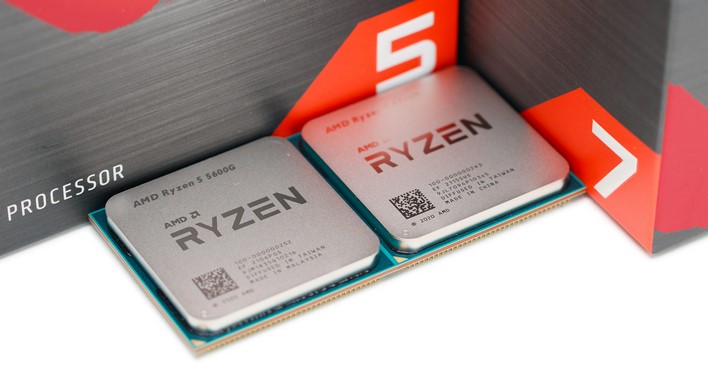AMD said its processors may experience performance degradation in Windows 11, up to a maximum of 15%
Microsoft has officially started to push Windows 11 on October 5th. I believe many users have already updated the operating system. Windows 11 brings many features, but not necessarily all hardware will benefit, and there may be “negative optimization”, especially in the case of immature drivers, etc.

AMD made a relevant explanation for this performance degradation. The problem is mainly due to two aspects. One type is that the latency of L3 may increase three times, causing some applications that are sensitive to memory and cache to be affected. Games are one of them. The other category is the “Preferred Core” function, which means that threads are allocated to the two fastest cores, but it may not work as planned in Windows 11. This performance degradation is most pronounced in processors with 8 or more cores and a TDP of 65W or higher.





